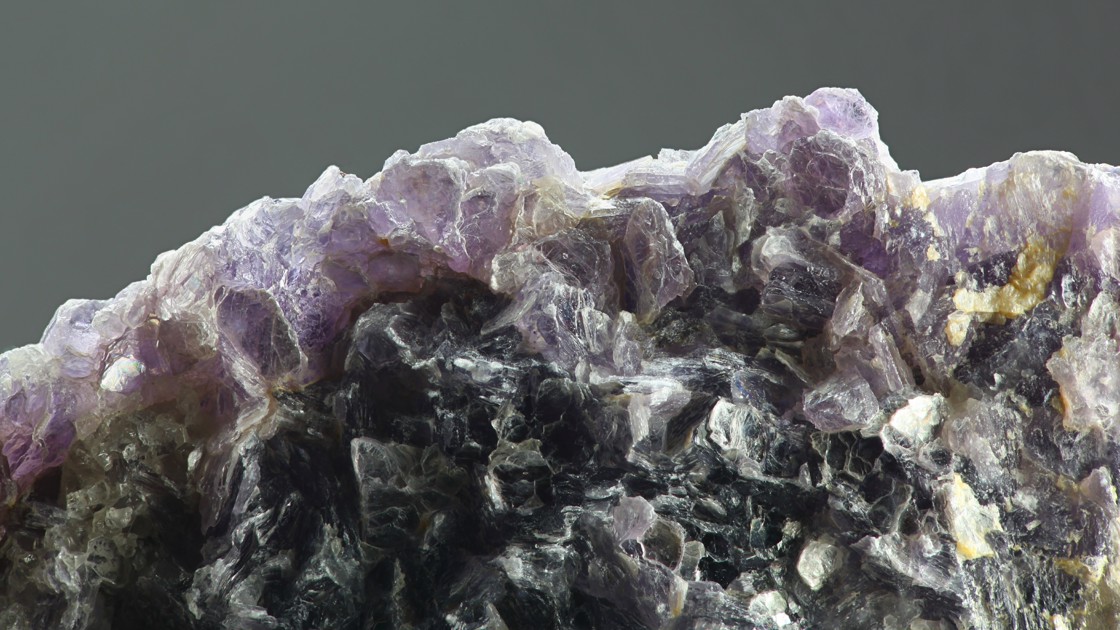Securing decent jobs and working conditions, but also high environmental standards, will result in a triple win for the economy, environment and workers in the extractive industries.
On 30 September, industriAll Europe organised a high-level workshop on raw materials in Europe. The workshop was attended by Kerstin Jorna, Director General of the European Commission’s Directorate-General for Internal Market, Industry, Entrepreneurship and SMEs (DG GROW), the European minerals industry association, Euromines, and the European Raw Materials Alliance (ERMA).
Trade union representatives from across Europe discussed with these stakeholders the European Raw Materials Strategy, the situation of domestic extraction in different countries and how European extractive industries can contribute to the green transition.
Strategic raw materials (such as lithium and cobalt for batteries in electric vehicles, rare earth elements in permanent magnets for wind turbines, or gallium for photovoltaic cells) are vital for key industrial value chains in Europe. They are essential for the manufacture of green technologies that will enable Europe to meet its climate objectives.
Judith Kirton-Darling, industriAll Europe’s Deputy General Secretary, recalled industriAll Europe’s recommendations on raw materials: “We will need strong policies and actions regarding circularity to limit the use of primary raw materials and also more research and development to establish substitution. But, at the moment, this will not be enough to cover the needs. Extraction continues to be part of the solution, and frameworks to ensure its social and environmental sustainability will be fundamental!”
Kerstin Jorna, Director General of DG GROW, emphasised that “Europe still needs primary raw materials, extracted and processed sustainably with full respect of the legal framework in place, and Europe has significant potential to increase its capacity here. This paves the way for good jobs in competitive industries that are the frontrunners in the green transition”. She insisted: “It is clear that the involvement and efforts of the social partners, and industriAll Europe in particular, to secure a sustainable supply of raw materials in Europe weighs heavily”.
The workshop analysed the transition processes taking place at national level regarding the domestic extraction of strategic raw materials. Representatives of CCOO industria from Spain, Kadra from Poland and IF Metall from Sweden explained that even if geology differs from one region to another, there are similar concerns. Foremost, they emphasised that extractive industries must also contribute to the shift to a greener economy. However, to ensure social acceptance of the transition, good working conditions are just as important as high environmental standards. This is a key concern for trade unions across Europe.
Proper anticipation and planning of the phasing out of mining activities was also indicated as crucial. CCOO industria explained that it is essential to think about the different stages of a mine’s cycle. Closure needs have to be considered at the earlier stages of the cycle. Involving mine workers in the rehabilitation and sanitation of old mining sites is also important.
Concerns about the needs of the workforce were also raised by Kadra. The Polish situation is marked by the phase out of coal, and the trade union colleagues insisted on the continued skills and training needs of workers in extractive industries to cope with these new challenges and other raw materials activities.
IF Metall pointed out that in Sweden, decarbonisation is already on track. Many strategic raw materials are already extracted using low-carbon extraction processes. Gaining permission for such new processes is however still difficult and requires dialogue with a large range of stakeholders.
Rolf Kuby, Director of Euromines, drew attention to the need for strategic planning of industry development and the required skills, and Massimo Gasparon, Director of ERMA, insisted that Europe must continuously invest in innovation and technology across the entire raw materials value chain.
Judith Kirton-Darling concluded:
“We need to rebuild trust in extractive industries because this will be needed if we want to achieve a green transition. Securing decent jobs and working conditions, but also high environmental standards, will result in a triple win for the economy, environment and workers in the extractive industries”.
The workshop is part of a broader EU-funded project on decarbonisation and Just Transition of the workforce in industry.
Contact: Sophie Grenade (policy adviser)
